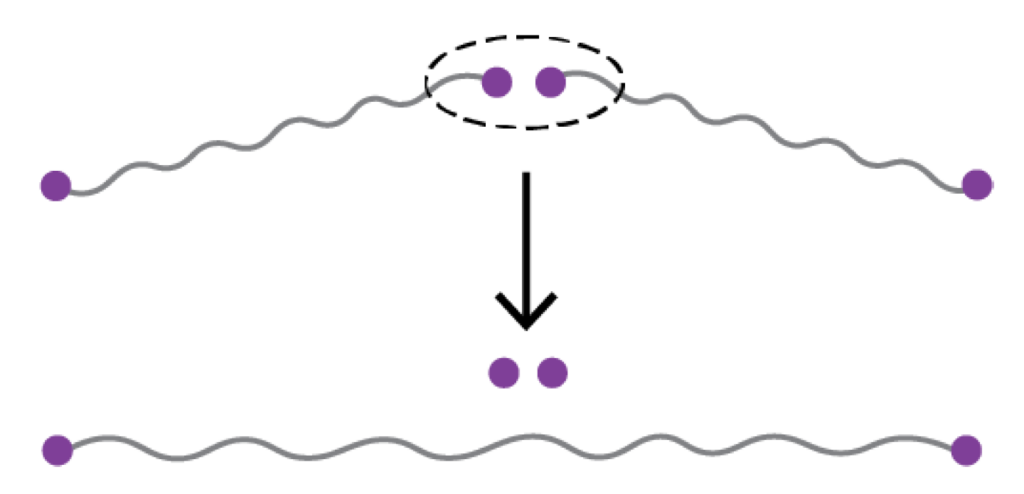19.08.2024Open Position MEP/BEP
Open positions for master thesis projects: Bounds for the quantum state fidelity after entanglement swapping
Bounds for the quantum state fidelity after entanglement swapping
MEP opportunity in the group of Stephanie Wehner.
Daily supervisor: Bethany Davies. For more information, email b.j.davies[at]tudelft.nl
Entanglement is a uniquely quantum property that can theoretically enable applications that are
not feasible classically. The goal of a quantum network is to establish entanglement between remote
parties, so that they can carry out such applications. A key operation that can be used to generate
entanglement over long distances is entanglement swapping.

Figure 1: Entanglement swapping. Given two entangled states, one may perform a Bellstate measurement (and local corrections) in order to generate entanglement over longer distances.
A commonly used model for noisy entangled states is that of a Werner state. This assumption is
useful in the analysis of quantum networks because it has a simple form, and the full state after an
entanglement swap is easy to compute. However, it also constitutes a worst-case noise model. In this
project, we want to quantify exactly how much is lost in the quality of the output state when making
this assumption. We have already carried out an analysis for the case of performing the swap on
entangled qubits [1]. The goal of the project is to generalise this analysis to qudits.
Potential avenues to be explored are as follows:
- How far can we go with an analytical approach? Can we find provably tight bounds for qudits,
as in the qubit case? - • What can we gain from using numerical optimisation? Possible techniques to apply here include
semi-definite programming (SDP). - • A possible extension: can we find similar bounds if we generalise the swap to GHZ measurements
in order to create entanglement between more that two parties?Desired prerequisites: Fundamentals of Quantum Information (QIST4310).
References
[1] Bethany Davies, Guus Avis, and Stephanie Wehner. On the accuracy of twirled state approximations
in repeater chains. In preparation, 2024.